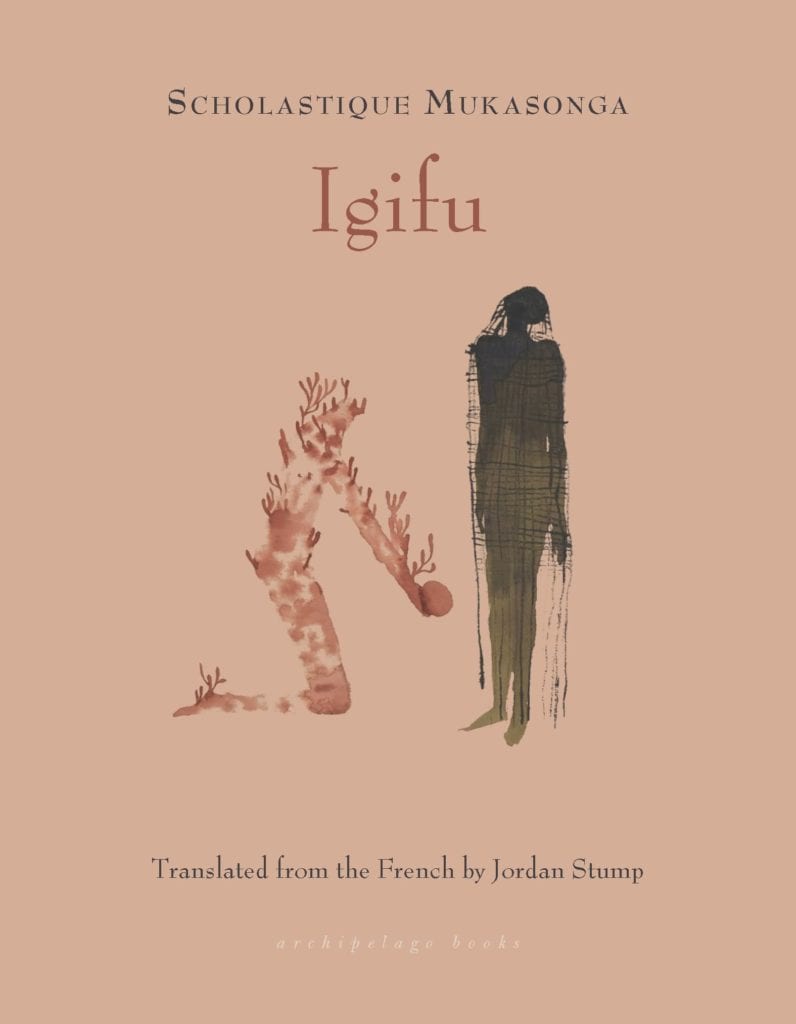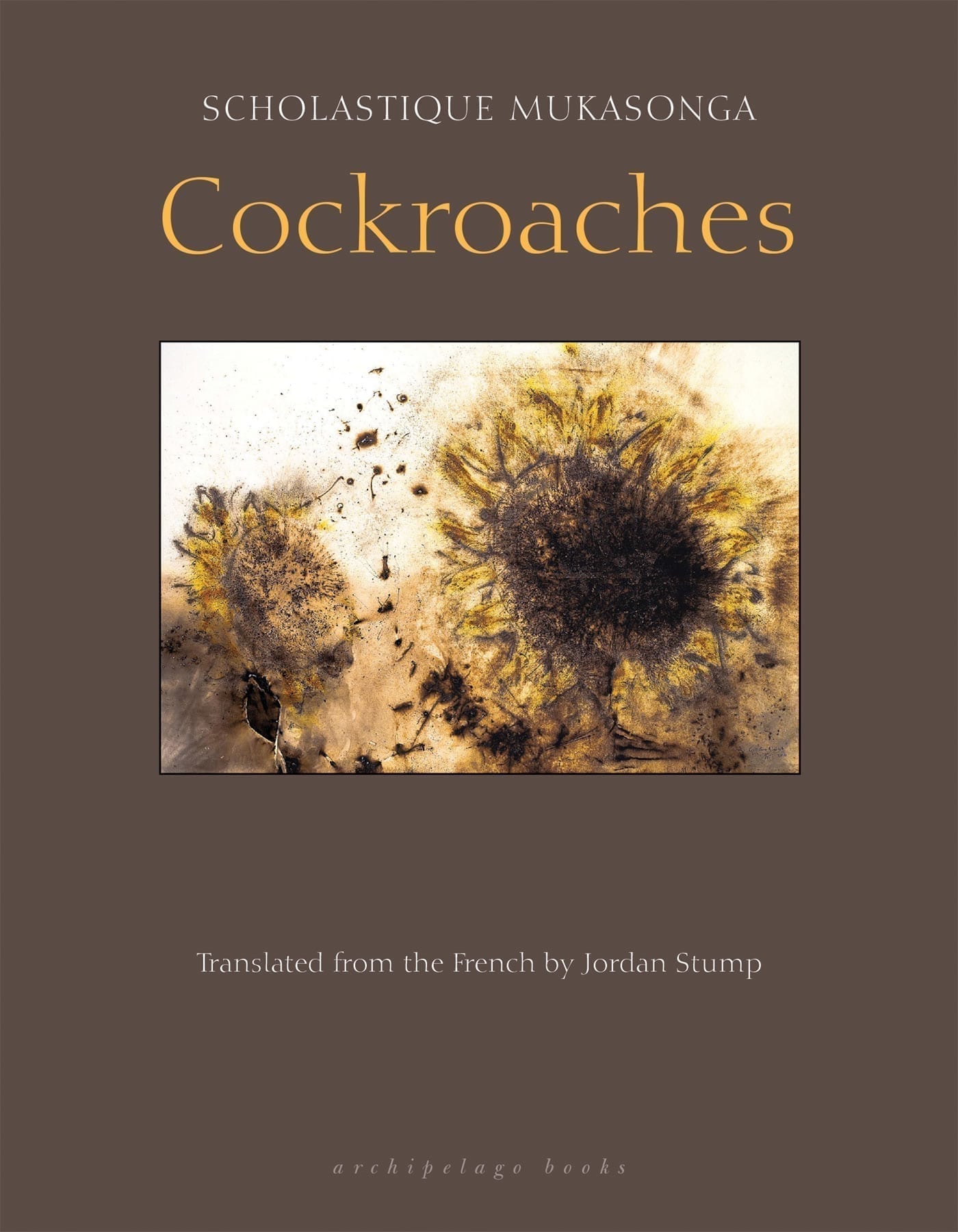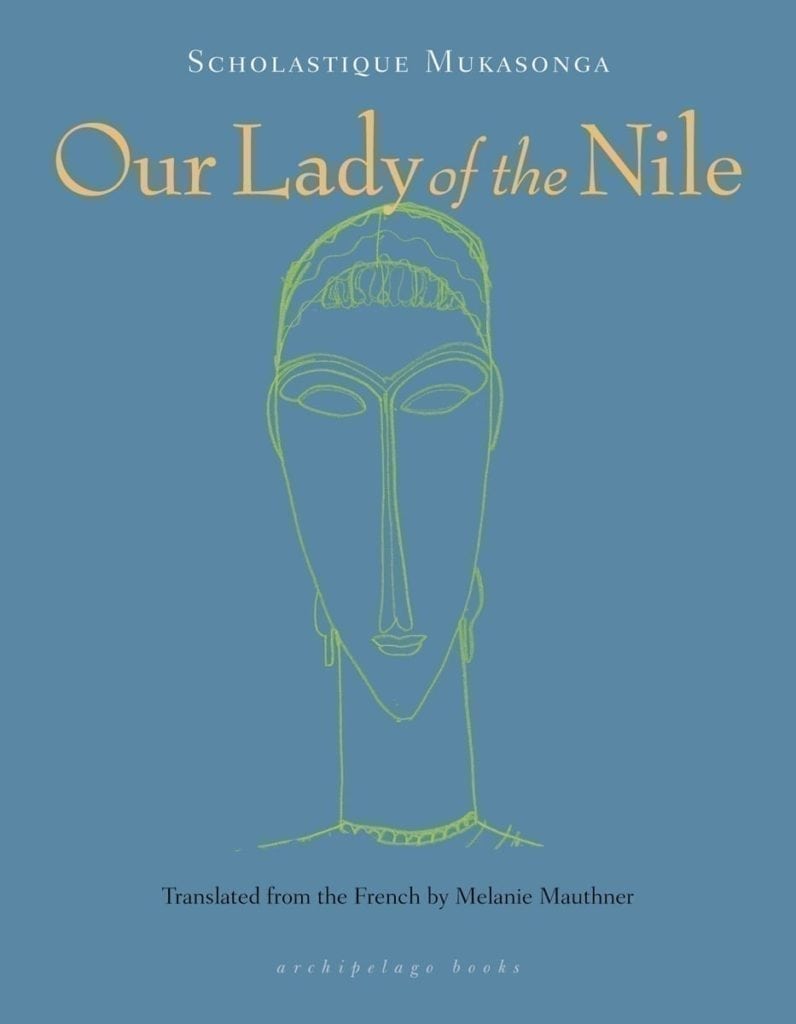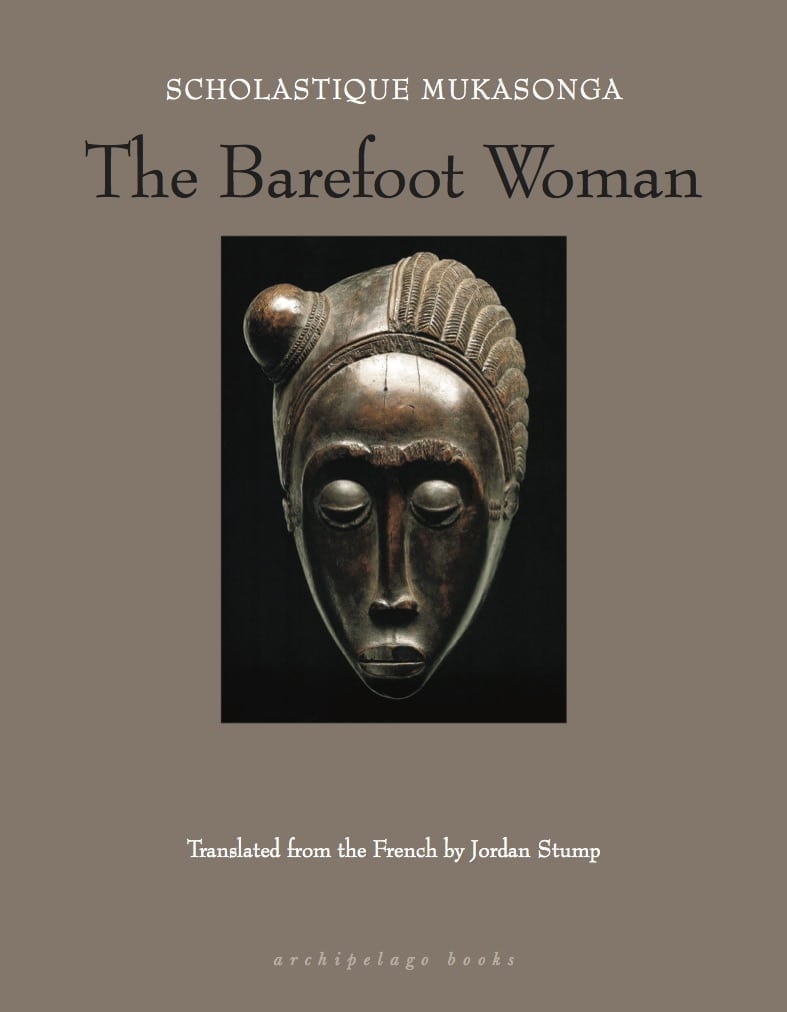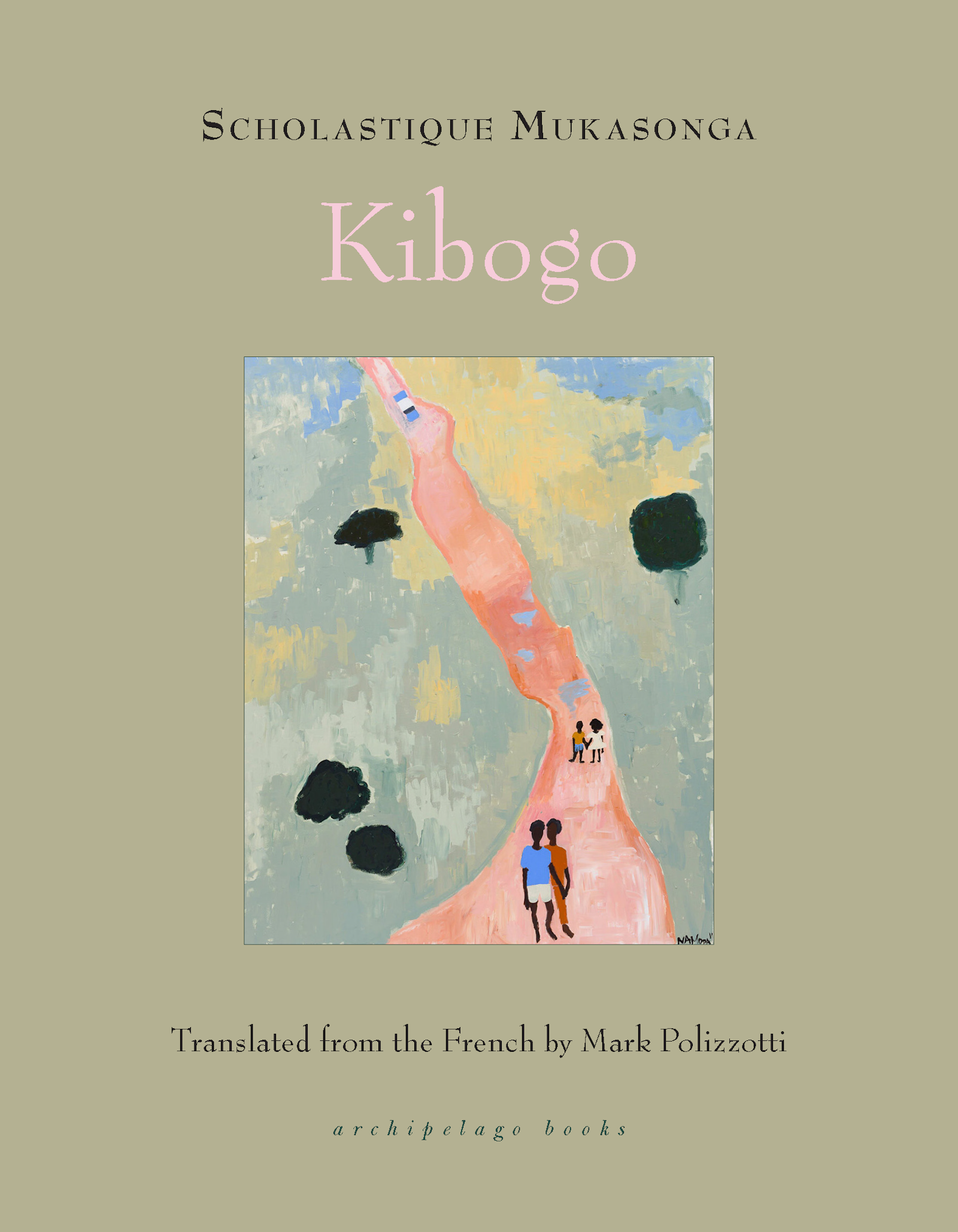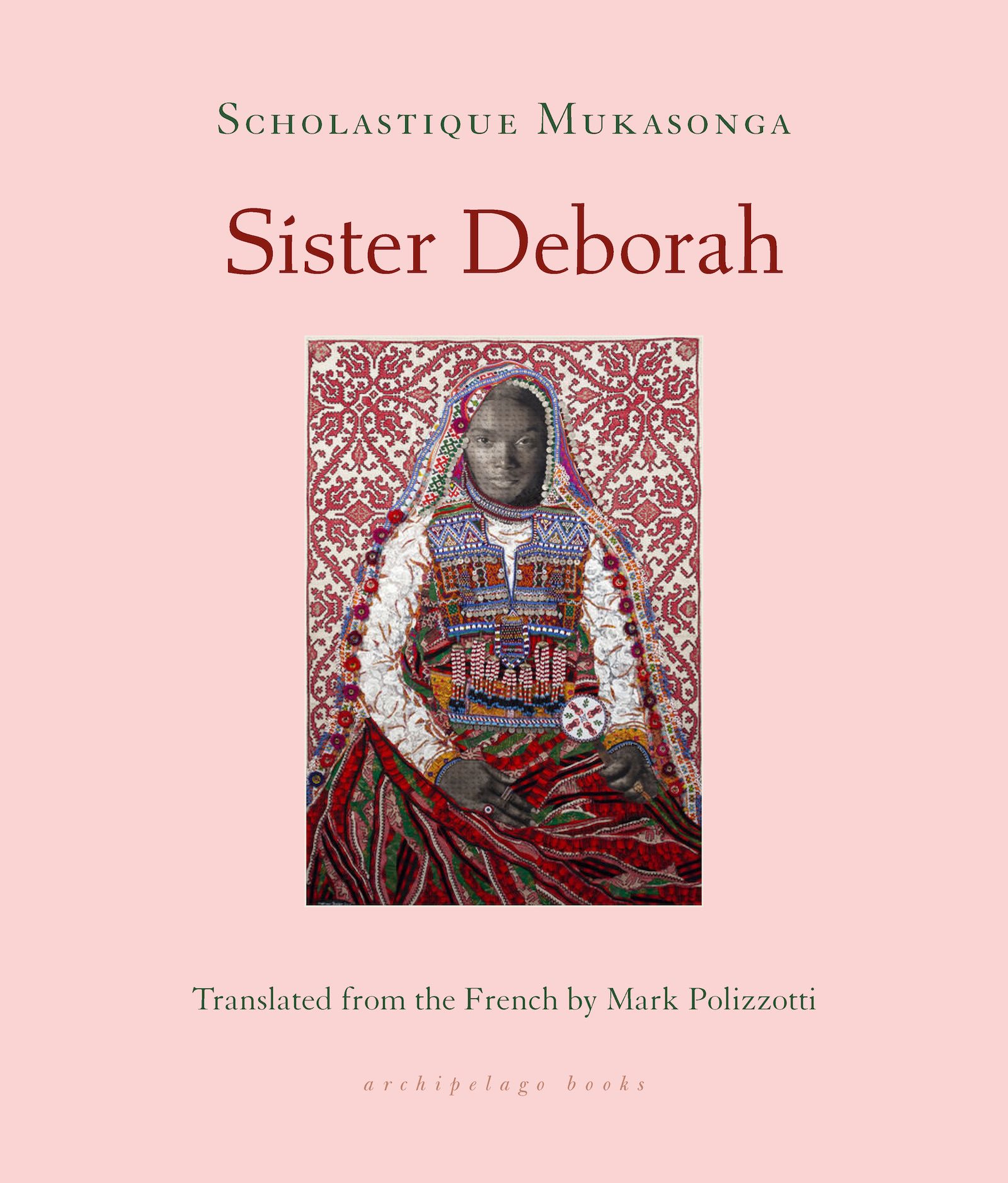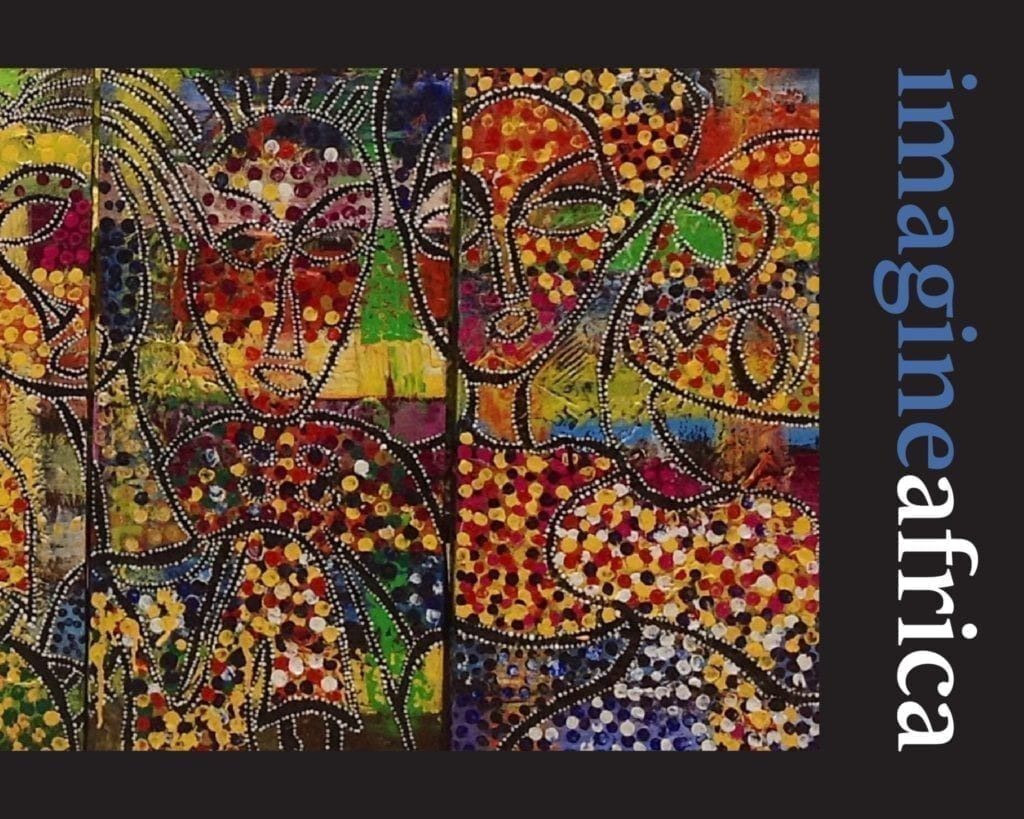Praise
PRAISE FOR SCHOLASTIQUE MUKASONGA’S THE BAREFOOT WOMAN
I loved the sharpness of Mukasonga’s eye, the graceful construction of her chapters, the way a story wrapped up in unimaginable loss is told with a little smile, and the way in which that smile sometimes abruptly disappears.
Extras
In an interview with Deborah Treisman of The New Yorker, Mukasonga discusses displacement, loss, and language.
See our reading group guide for discussion questions!
Mukasonga talks with Julian Lucas at The White Review about the historical and cultural contexts of her writing and the overlap between autobiography and fiction in her work.

